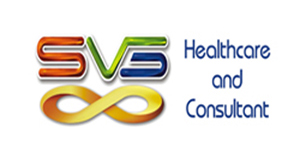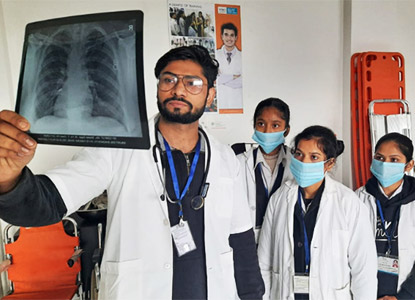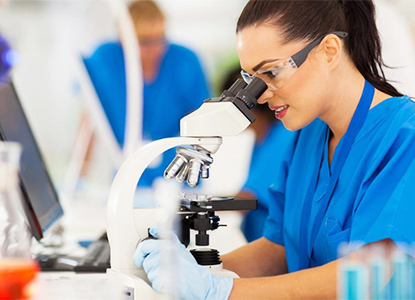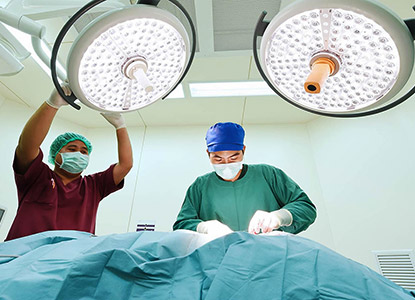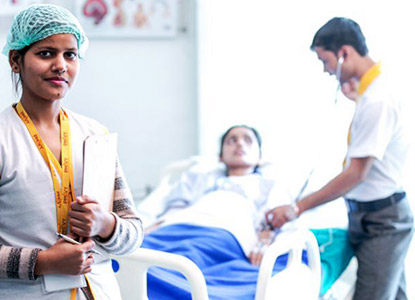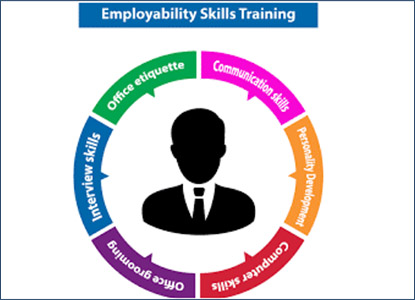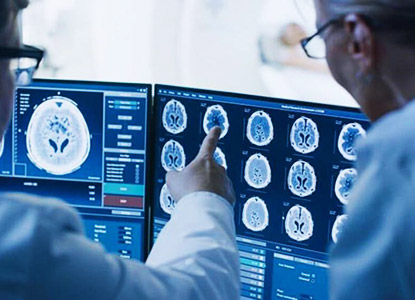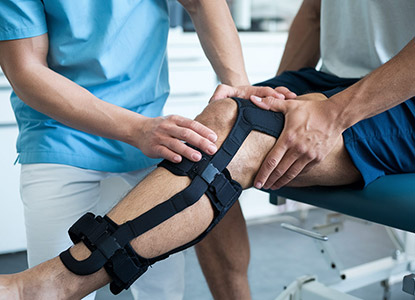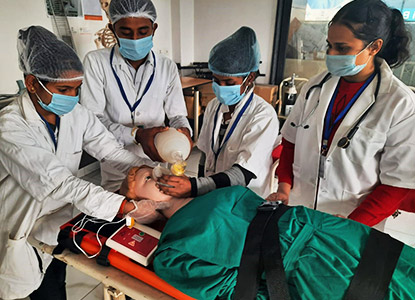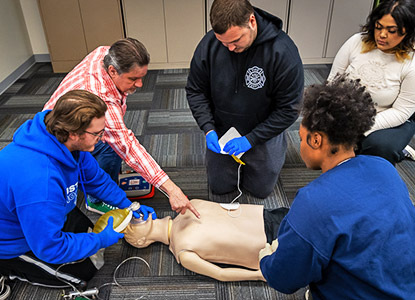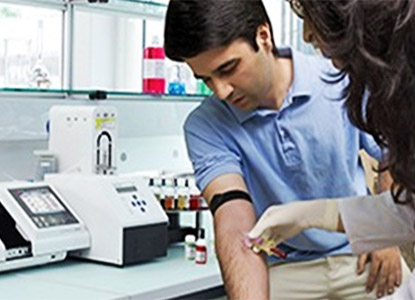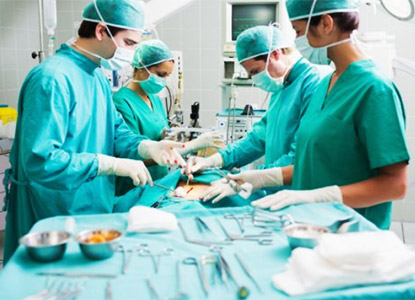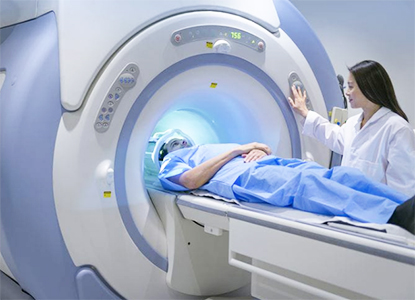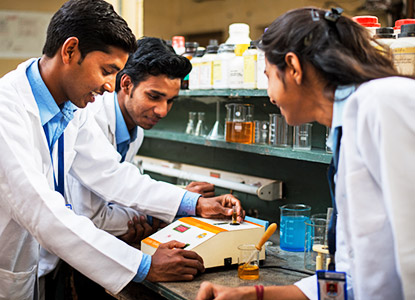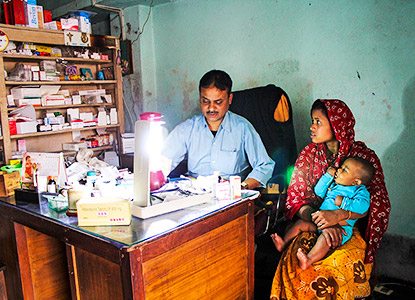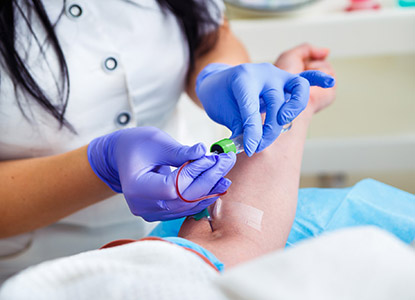
Phlebotomy Technicians play a vital role in the healthcare system, especially in clinical laboratories. They are responsible for drawing blood and collecting clinical specimens from patients, which are essential for diagnostic testing. With advancements in clinical laboratory technology and diagnostic techniques, there has been an increased demand for well-trained Phlebotomy Technicians. These professionals work in hospitals, blood banks, physician offices, or independent labs.
Objectives of the Course
Upon completing the Phlebotomy Technician course, students will be equipped with the skills to:
-
Explain Procedures to Patients: Clearly communicate the blood collection procedure and ensure the patient feels comfortable and confident.
-
Monitor Vital Signs: Measure and record vital signs such as pulse, temperature, and blood pressure.
-
Blood Collection: Perform venipuncture and microcollection techniques accurately and safely.
-
Collect Other Clinical Specimens: Obtain specimens such as urine, stool, saliva, and semen using the appropriate techniques.
-
Labeling Samples: Properly label blood and specimen vials to avoid confusion and contamination.
-
Transport Specimens: Ensure that collected specimens are safely and efficiently transported to the laboratory for analysis.
-
Follow Infection Control Protocols: Adhere to infection control policies to ensure the safety of patients and healthcare workers.
-
Safeguard Practices: Follow safety protocols to protect both the technician and the patients during procedures.
Course Description
The Phlebotomy Technician course is structured to provide a comprehensive understanding of the role and responsibilities of a Phlebotomy Technician, focusing on both practical skills and theoretical knowledge. The syllabus includes:
-
Introduction to Healthcare Systems & Laboratory Services: Understanding the healthcare system and the role of phlebotomists within it.
-
Role of Phlebotomy Technicians: Learning the various tasks performed by phlebotomists in a clinical setting.
-
Structure and Function of the Human Body: Basic knowledge of human anatomy and physiology, critical for performing blood collection procedures safely.
-
Basic Sensitization to Biochemistry and Clinical Biochemistry: Understanding how blood samples are analyzed in clinical biochemistry labs.
-
Introduction to Medical Terminology: Familiarity with medical terminology related to phlebotomy and laboratory services.
-
Bio-Medical Waste Management: Best practices for managing and disposing of medical waste generated in clinical settings.
-
Hematology and Clinical Pathology: Basic knowledge of blood and pathology testing, including hematology procedures.
-
Infection Control and Prevention: Protocols to minimize the risk of infections during blood collection and handling of specimens.
-
First Aid and Safety: Basic first aid skills to ensure safety and provide emergency care if necessary.
-
Specialized Topics: Introduction to bacteriology, histopathology, cytopathology, immunology, serology, blood banking, parasitology, mycology, and virology.
-
Analytical Laboratory Testing: Basic understanding of laboratory testing processes and current best practices in the field.
-
Professional Behavior: Developing professional behavior when interacting with patients and healthcare teams.
-
Patients Environment: Ensuring the proper environment for patient care, whether in hospitals, labs, or home settings.
-
Basic Computer Knowledge: Introduction to using computers for lab reporting and patient documentation.
Course Highlights
-
Duration: The course duration may vary depending on the institution but typically spans several months with a mix of theory and practical training.
-
Certification: Successful completion of the course will provide certification, qualifying students to work as certified Phlebotomy Technicians.
-
Career Opportunities: Graduates can work in hospitals, clinics, diagnostic labs, blood banks, and other healthcare settings.
Skills Acquired
-
Clinical Competency: Mastery in blood collection techniques and handling of clinical specimens.
-
Patient Communication: Developing skills to communicate effectively with patients and ease their concerns about the procedures.
-
Laboratory Preparedness: Understanding laboratory protocols, safety guidelines, and best practices for specimen collection.
- Professional Development: Building professional ethics and responsibilities in a healthcare environment.



